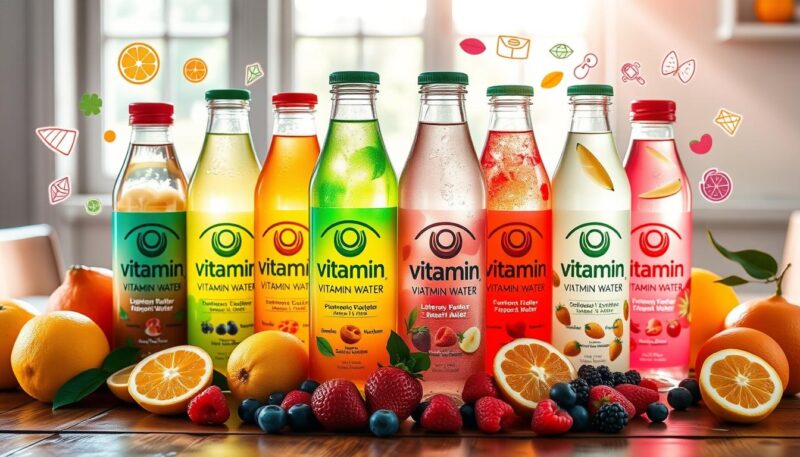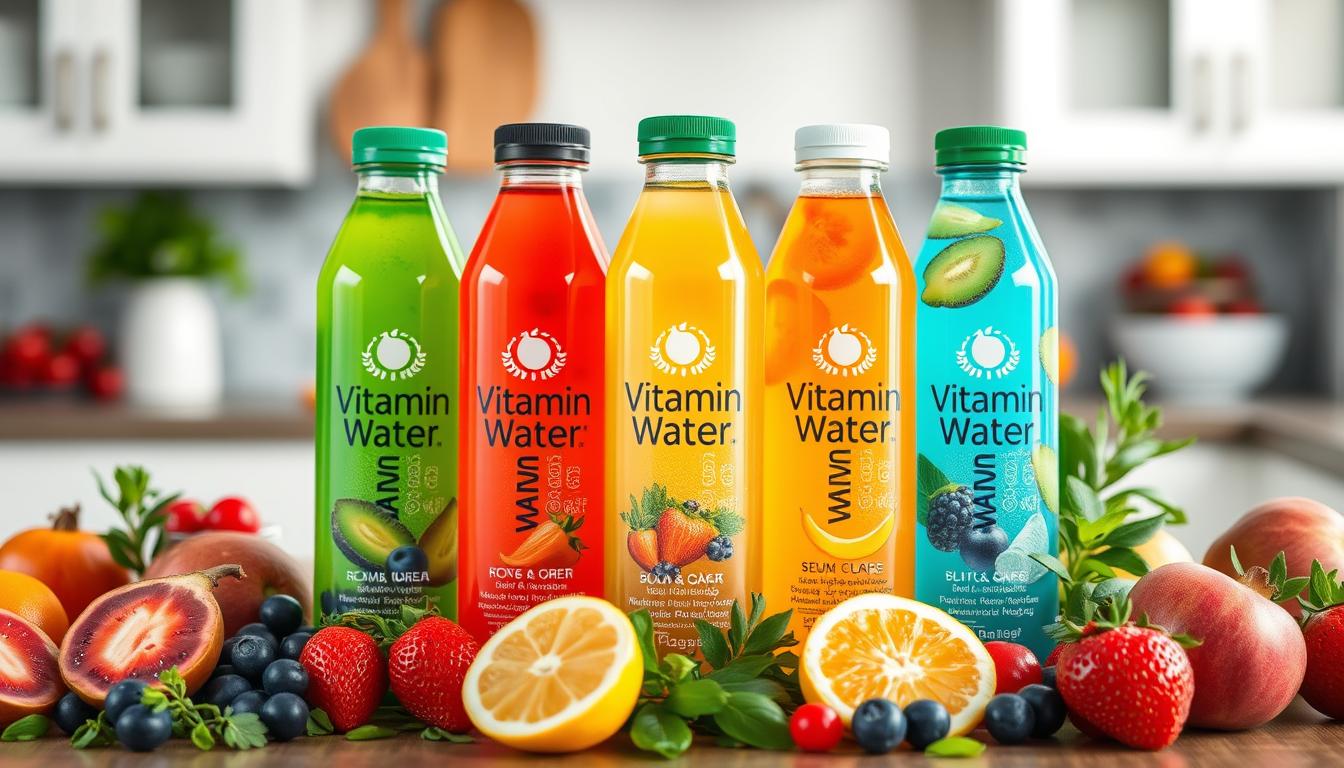With the growing trend of health drinks, vitamin waters have rapidly gained popularity among those seeking healthier alternatives to sugary sodas and energy beverages. Marketed as a convenient way to hydrate and supplement your diet, these beverages often promise numerous health benefits, leaving many consumers wondering, “Are vitamin waters good for you?” This article explores expert opinions and scientific research to uncover the truth about vitamin waters and their actual effectiveness as hydration drinks.
Vitamin waters typically contain a blend of vital vitamins such as C, A, E, and B complex, which can offer antioxidant support and assist in energy metabolism. Additionally, some brands may include electrolytes like potassium and magnesium, essential for muscle function and recovery, especially after rigorous activities. However, the reality can be far more complex than the marketing claims suggest. While some vitamin waters can be beneficial, they also come with significant drawbacks—especially concerning their sugar content and the regulatory oversight of nutrient dosing.
As you navigate through the aisles of grocery stores and health food shops, becoming mindful of what you’re consuming is essential. Understanding the nutritional makeup, potential health concerns, and expert advice regarding these hydration drinks will empower you to make informed decisions for your health. In this article, we will dissect the pros and cons of vitamin water, incorporating insights from medical professionals and personal anecdotes to enrich your understanding of whether these beverages deserve a spot in your daily routine.
Understanding Vitamin Water and Its Popularity
Vitamin waters have gained substantial popularity as a flavorful alternative to traditional beverages. These hydration drinks highlight a blend of flavored water infused with vitamins and minerals that many consider a smarter choice compared to sugary sodas. Yet, their alluring marketing might not always reflect the true nature of these drinks.
What is Vitamin Water?
Vitamin water is essentially flavored water that has been enhanced with water-soluble vitamins and minerals. Originally developed by Energy Brands, a subsidiary of Coca-Cola, vitamin waters target consumers seeking healthy beverages that can provide a nutrient boost. These drinks often contain essential vitamins like A, C, and various B-group vitamins along with added electrolytes. While enjoyable, vitamin waters should be consumed in moderation to avoid excessive sugar intake.
Nutritional Composition
| Nutrient | Amount per 20 oz | % Daily Value |
|---|---|---|
| Vitamin C | 200 mg | 200% |
| Vitamin B6 | 1.3 mg | 100% |
| Vitamin B12 | 6 µg | 100% |
| Sugar Content | 30 grams | N/A |
This nutritional profile sounds appealing, yet the presence of added sugars raises concerns. A standard vitamin water can contain nearly 30 grams of sugar, which can be comparable to some sodas. This sugar content may mislead consumers into believing they are choosing a healthier option when, in reality, they are consuming significant amounts of sugar.
Marketing Claims vs. Reality
Advertising strategies often portray vitamin waters as essential elements for a healthy lifestyle. While they do offer added vitamins, the reality is that many people can obtain these nutrients through a balanced diet rich in fruits and vegetables. Foods like kiwi, strawberries, and sweet red peppers provide similar health benefits without the sugar load. Focusing solely on vitamin-enhanced hydration drinks may not fulfill your nutritional needs in the long run.
Are Vitamin Waters Good for You?
Understanding the health benefits of vitamin water requires a nuanced approach. While vitamin water can be refreshing and contribute to hydration, its role as a nutrition drink comes with both advantages and concerns.
Health Benefits of Vitamin Water
A key advantage of vitamin water lies in its ability to provide essential vitamins and minerals. Depending on the flavor, a 20-ounce bottle can offer anywhere from 50% to 200% of your daily value for vitamins C, B6, and B12. This can be beneficial if you are looking to supplement your diet with additional nutrients, particularly if you struggle to consume enough fruits and vegetables.
Concerns About Sugar Content
Many consumers do not realize the sugar content in vitamin water can be alarming. A typical 20-ounce bottle contains approximately 32 grams of sugar, comparable to some soft drinks. Health professionals recommend that added sugars should not exceed 10% of total daily caloric intake, although it is better to aim for less than 5%. Given that one bottle of vitamin water can provide 50-100% of the daily recommended limit for added sugar, careful label scrutiny is essential for those mindful of their sugar consumption.
Potential Risks
The consumption of excessive sugar continues to raise health risks, including obesity, diabetes, and heart disease. Studies indicate that for each daily serving of sugar-sweetened beverages like vitamin water, the risk of obesity in children could increase by up to 60%. Additionally, the high levels of certain vitamins present in these drinks may lead to health complications if consumed in excessive amounts. The body often cannot absorb large doses of vitamins effectively, leading to waste. Given these vitamin water pros and cons, evaluating personal dietary needs is critical before making vitamin waters a staple in your nutrition drinks.

Conclusion
In summary, vitamin waters can be a convenient option for those seeking hydration and additional nutrients, particularly if plain water isn’t your preference. However, it is essential to be aware of the potential health risks related to high sugar content and the misleading marketing claims often associated with these beverages. Consuming vitamin water should never replace your regular water intake or the benefits of a balanced diet rich in whole foods.
For individuals, especially children and those with specific health conditions, moderation is key. Certain varieties of vitamin water can contain as much sugar as a can of soda, which can lead to excessive sugar intake and associated health issues. Instead of relying solely on vitamin waters, consider exploring healthy beverages such as infused water or naturally flavored options that provide hydration without added sugars.
Ultimately, prioritizing whole foods along with adequate water intake remains the best approach for meeting nutritional needs. By making informed choices about your beverage consumption and exploring water alternatives, you can significantly contribute to your overall well-being and stay aligned with effective hydration tips.
